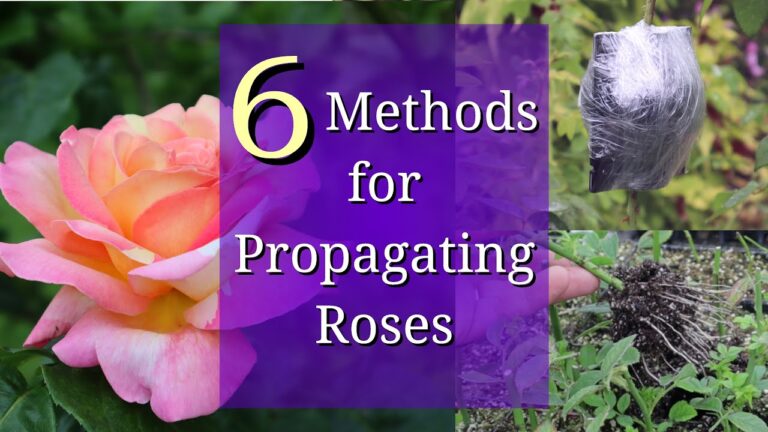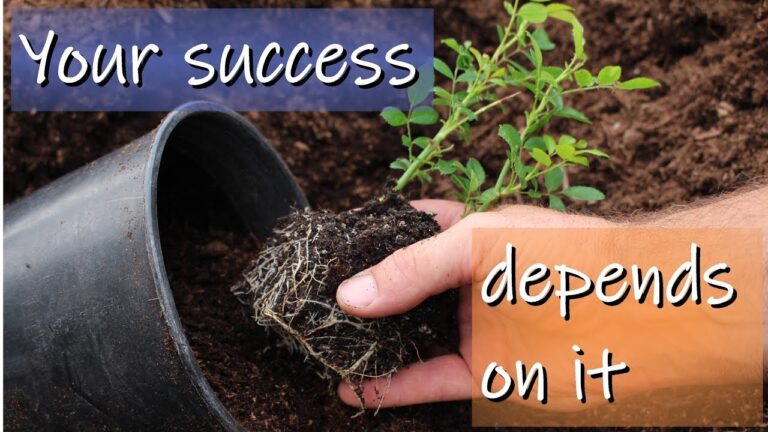When Jason from Fraser Valley Rose Farm talks roses, he’s drawing from hands-on experience and expertise. In a recent video, Jason tackled an often-overlooked question: what can you do with those supermarket roses that seem destined for the garbage once their blooms fade? For those who can’t bear to throw them away—or simply love the challenge of reviving plants—Jason’s advice offers a practical roadmap for turning these temporary gifts into long-term garden beauties.
Understanding the Origins of Supermarket Roses
Supermarket roses are often miniature rose varieties, carefully cultivated under greenhouse conditions to look their best at the time of sale. These roses are grown in tightly controlled environments with abundant light, heat, and fertilizer to push them into rapid growth and blooming. However, this process leaves them stressed by the time they reach your home, making their decline almost inevitable unless steps are taken to help them recover.
The first step in saving these roses is understanding their condition. Packed tightly with multiple plants in a small pot, they’re often undernourished and struggling for resources. But with the right approach, they can be nursed back to health and even thrive outdoors in your garden.
Preparing Supermarket Roses for Recovery
Jason begins by addressing the immediate issues with stressed supermarket roses. Cleaning up dead leaves and spent blooms is a critical first step. Dead foliage at the base can harbour fungal diseases, and removing the fading flowers will encourage new growth.
Repotting is essential for giving the plant space to recover. Supermarket roses typically arrive with four or more plants crammed into a single pot, leading to competition for water and nutrients. By transferring them into a larger pot with fresh, well-draining soil, you’ll provide the roots with room to grow and stabilize.
Soil and Fertilizer: Setting the Foundation for Growth
One key factor in recovery is soil quality. Jason recommends using a well-draining potting mix, enriched with organic matter if available. Ensuring proper drainage is critical to avoid waterlogged roots, which can lead to rot.
Nutrient deficiencies are common in supermarket roses because they’re often grown with just enough fertilizer to sustain them through the point of sale. A liquid fertilizer, such as fish emulsion or a balanced conventional formula like Miracle-Gro, can quickly replenish the plant’s nutrient reserves. Apply it regularly to encourage healthy foliage and flower production.
Transitioning Roses to Outdoor Conditions
Supermarket roses are destined for outdoor life, but transitioning them requires care. Jason emphasizes the importance of acclimating them gradually to outdoor conditions. Start by placing them outside during the day in a sheltered spot, then bring them in at night. Over a week or two, this “hardening off” process helps the plants adjust to wind, sunlight, and temperature fluctuations.
Once they’re ready, plant them in a sunny garden location or a larger outdoor pot. Roses thrive in full sun with good air circulation, which helps prevent common diseases like powdery mildew.
Troubleshooting and Long-Term Care
Even with attentive care, challenges can arise. Yellowing leaves may indicate overwatering or insufficient nutrients. Watch for pests, especially if you’ve kept the roses indoors for a time. If issues like root rot develop, adjust watering practices and consider using a fungicide if necessary.
Jason also advises removing any remaining indoor foliage if the plant is showing signs of disease or pest infestation. Clean, healthy growth is key to the plant’s long-term success.
The Joy of Reviving Supermarket Roses
With thoughtful care, supermarket roses can transform from throwaway gifts into thriving garden features. As Jason points out, these roses are genetically identical to other miniature rose varieties, which means they’re perfectly capable of flourishing once they’ve recovered from their initial stress.
By giving them the right environment, regular feeding, and room to grow, you can enjoy their beauty season after season. And, as Jason’s final tip suggests, the process of saving these roses isn’t just about gardening—it’s a rewarding experience for anyone who loves to see life flourish against the odds.





